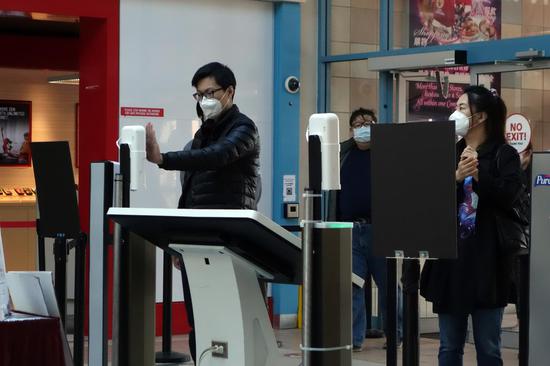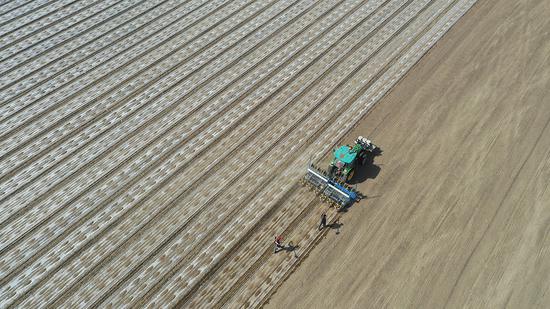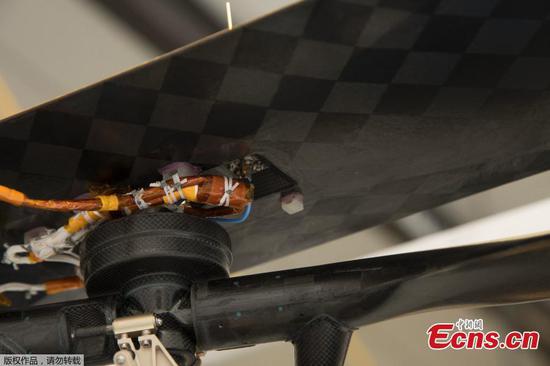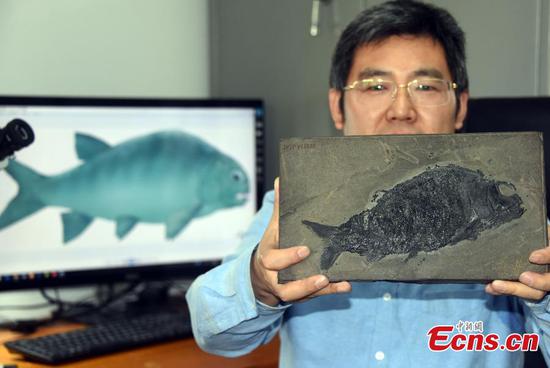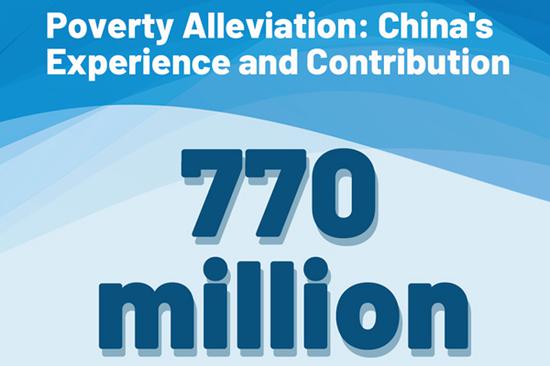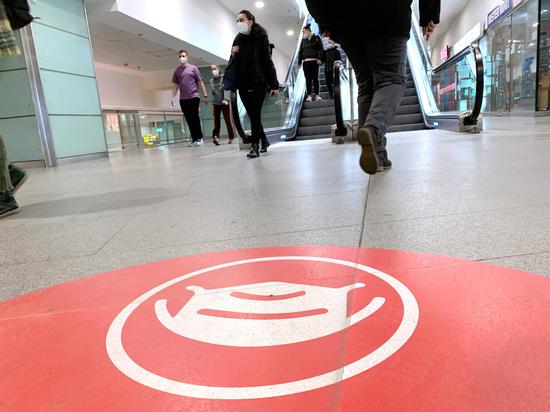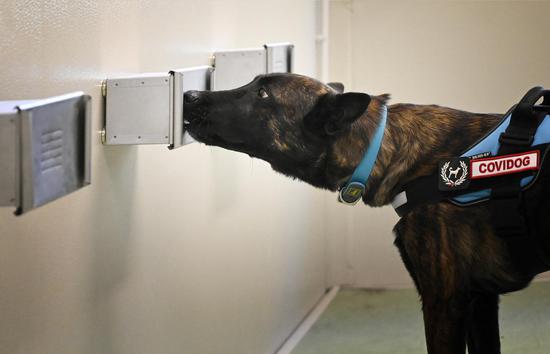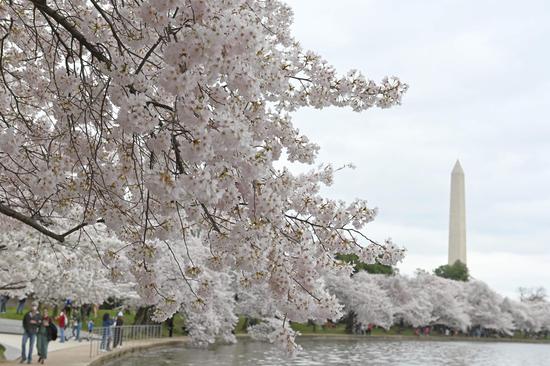The United States lags behind many other countries in employing the essential tool of gene sequencing for keeping abreast of COVID-19 variants, thus increasing the risk of a variant possibly spreading undetected, reported USA TODAY on Wednesday.
The United States ranks 33rd in the world this year for its rate of sequencing, falling between Burkina Faso and Zimbabwe, according to a COVID-19 genomics lab led by researchers at Harvard University and Massachusetts Institute of Technology.
The top three nations are Iceland, Australia and New Zealand, which sequenced at a rate of 55-95 times greater.
Sequencing happens when a test for the coronavirus is conducted. If the result is positive, the sample may be sent to another lab for sequencing, especially when a person has had COVID-19 before or has been vaccinated. "That provides the genetic code of a virus, laying out for scientists a precise map for how to defeat it," the report said.
"For arcane reasons, sequencing results in the U.S. go only to researchers, not to those who got tested," it said.
Until recently, only a minuscule fraction of samples in the United States were sequenced. Currently, the Centers for Disease Control and Prevention (CDC) is spending an additional 200 million U.S. dollars on sequencing, accelerating the rate of testing starting in mid-February.
Though the CDC tries to sequence at least 7,000 positive test samples a week, about 2 percent of new cases, some said it needs to do more, considering a 2-percent rate could mean not catching new variants early enough, according to the report.









